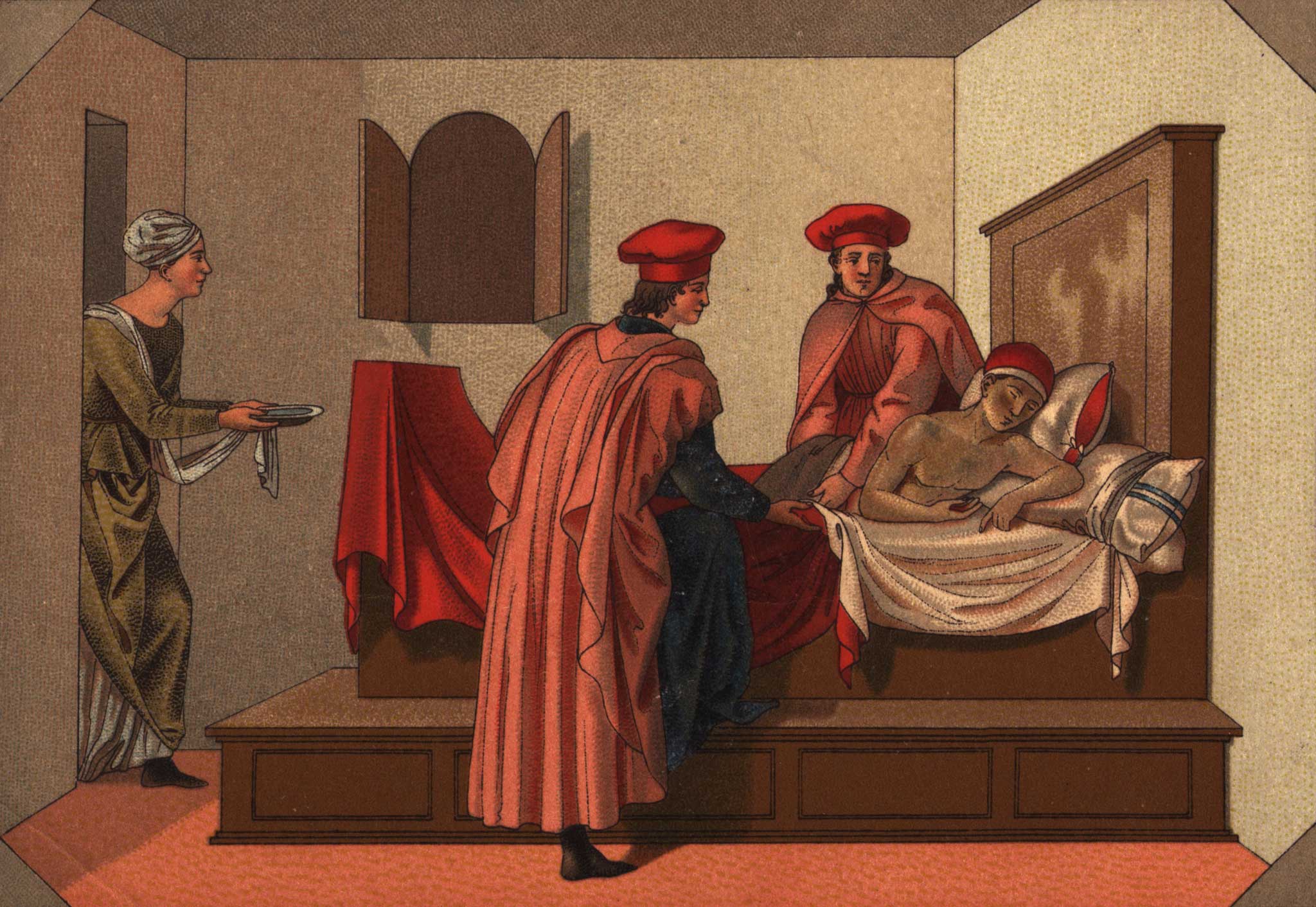I'm not going on holiday this summer but reading books by academic authors can make me feel like a child in the backseat on a long drive. "Are we there yet?" I wonder as another footnote homes in to view.
Thankfully, professorial formalities and detours pay off in Joanna Bourke's The Story of Pain (Oxford University Press, £20). "The way people speak about pain and the way they embody it is most usefully studied in the 'messy real world that it naturally inhabits' rather than the scientists' lab," writes Bourke, who examines personal accounts, philosophical arguments and scientific evidence from the last 300 years. In this riveting study, which feels timely and important, Bourke explodes archaic distinctions between mind and body, demonstrates how language and culture shape our feelings and gradually expresses her rage at the way "pain relief is inequitably distributed."
As Health Secretary under Margaret Thatcher during the 1980s Aids epidemic, Norman Fowler launched "Don't Die Of Ignorance", a public awareness campaign which helped to save lives. In Aids: Don't Die of Prejudice (Biteback, £14.99) he travels to parts of the world which have the most HIV victims, including sub-Saharan Africa, Eastern Europe and Russia. He examines attitudes and approaches to combating the disease and finds: "Prejudice has a disastrous affect upon the fight against HIV. Where there are criminal laws against homosexuality, gay people are not going to come forward for testing and treatment." Fowler's book will educate readers about a disease which, while no longer the death sentence it once was, continues to wreak tragedy at home and abroad.
In Locked In (Piatkus, £12.99), Californian ex-cop Richard Marsh describes how a massive stroke plunged him in to a state of locked-in syndrome from which few patients recover. For months, the previously healthy 60-year-old was unable to speak or move, and was in constant danger of drowning in his own mucus. Marsh listened as doctors discussed switching off his life support machine but his wife refused permission and he made an unlikely recovery.
"Like everything else in the healthcare sector in the US," he says, "it all came down to money." Marsh uses plenty of clichés to describe his ordeal but he and co-writer Jeff Hudson have produced a work which lives up to his intentions: "It's my guide to what it feels like on the inside looking out."
The cover of The Sick Rose by Richard Barnett (Thames & Hudson, £19.99) displays an 1831 portrait of a green-faced woman, four hours before she died of cholera. It's one of the milder images in this trove of extraordinary illustrations of people suffering from gangrene, venereal disease and other afflictions from the late-18th to early-20th centuries.
The flesh of lepers, syphilitics and amputees is troubling to contemplate – although it's not easy to look away – but these detailed depictions evoke melancholy, dignity and the historical contexts which Barnett discusses in his elegant commentary. Their gruesomeness appears remote from our modern Western world but they capture "the transience of all things" and that's never going away.
If you need fresh air and sunshine after that, take with you physician Ian Williams' graphic novel, The Bad Doctor (Myriad Editions, £12.99). Williams' vignettes of Welsh small-town life concern Dr Iwan James and the community of pensioners, obsessive compulsives and gun-nuts who visit his surgery. It's a kind of pastoral with mid-life crisis, deep and droll, as in this observation about the picturesque countryside: "I can't separate the scenery from the misery and suffering of my patients." Iwan is sympathetic and empathetic, so why is the title The Bad Doctor? Read it and find out.
Subscribe to Independent Premium to bookmark this article
Want to bookmark your favourite articles and stories to read or reference later? Start your Independent Premium subscription today.


Join our commenting forum
Join thought-provoking conversations, follow other Independent readers and see their replies